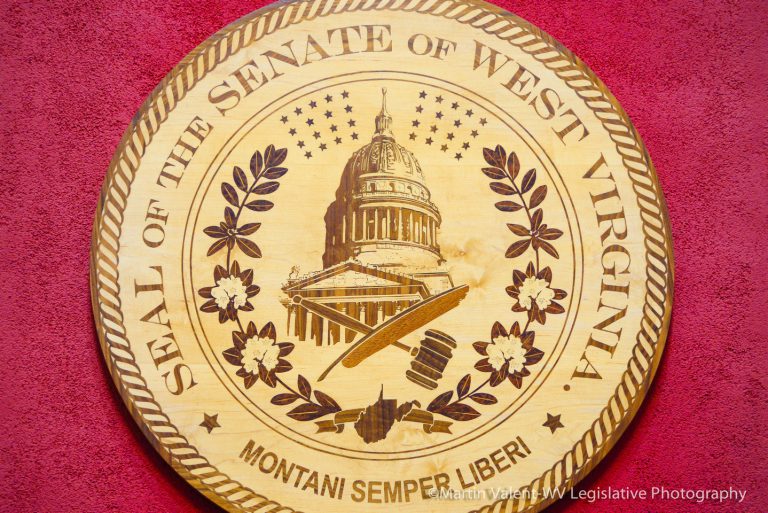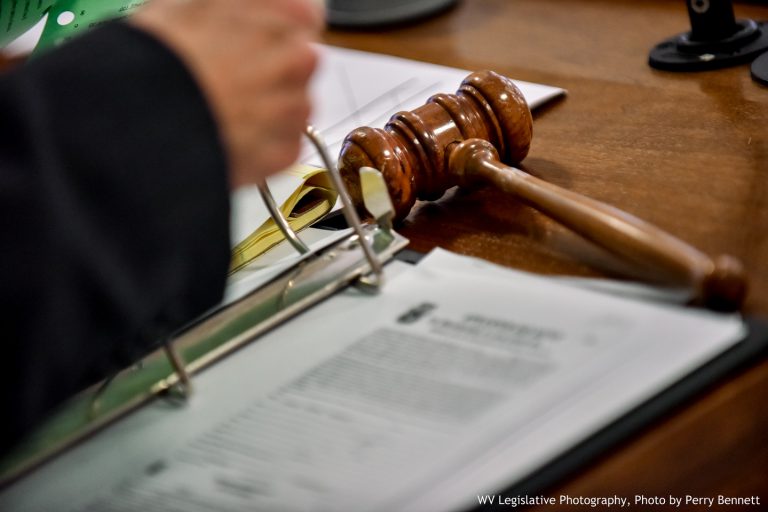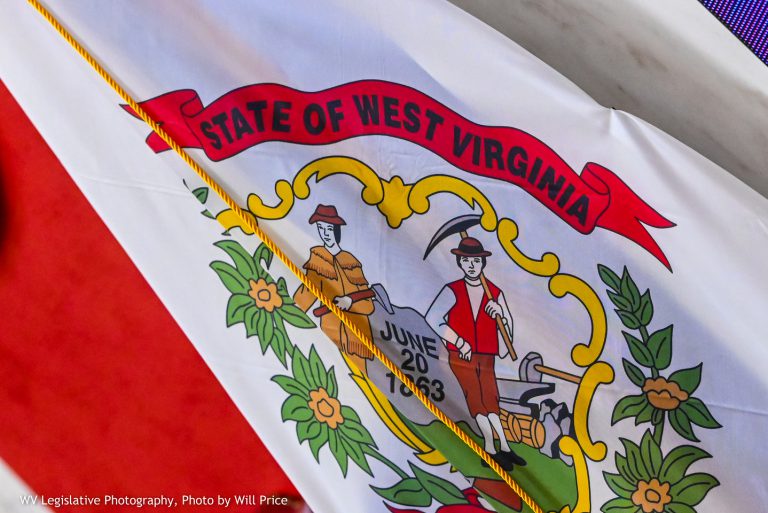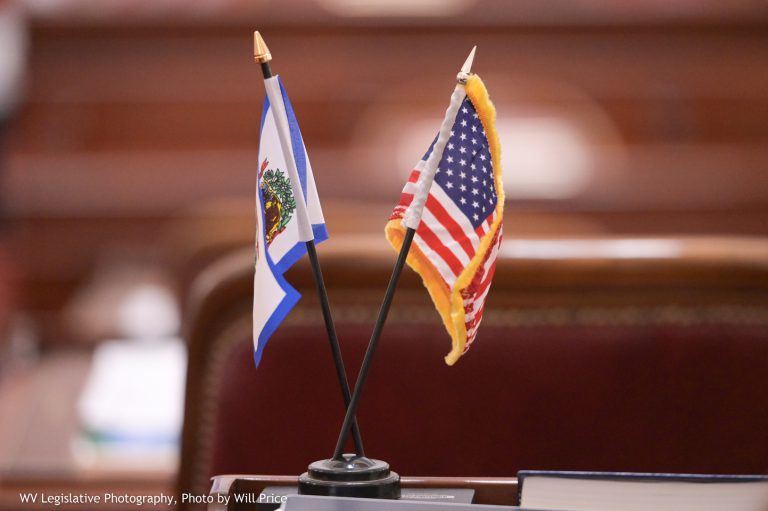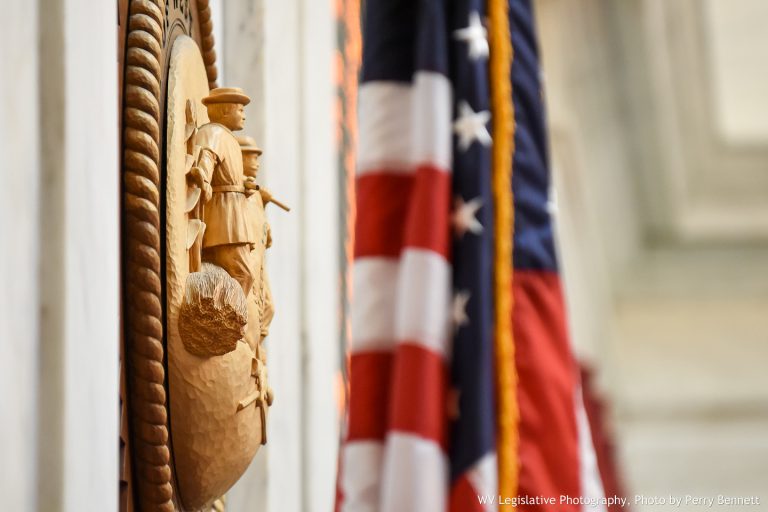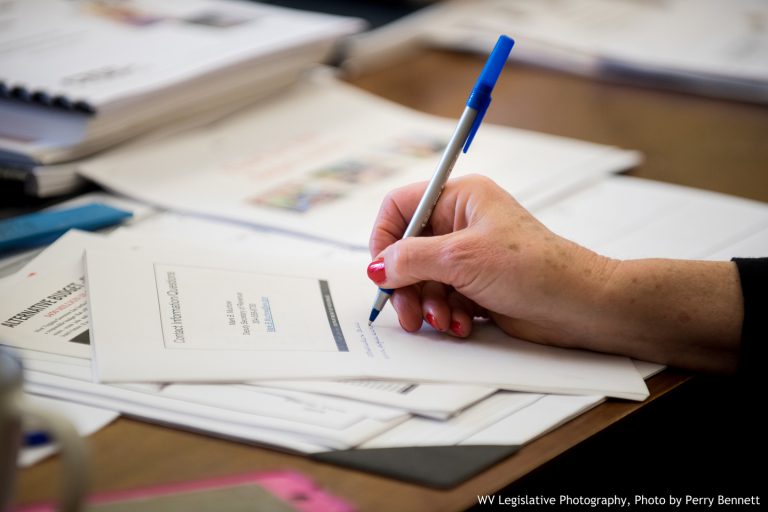As of 4 p.m., Wednesday, February 4th, 2004, the 22nd day of the 2004 Regular Legislative Session, 449 bills have been introduced in the Senate. Of those, 12 have passed since Thursday, January 29, 2004 and will now go before the House of Delegates for its consideration.
The Senate amended and passed Committee Substitute for House Bill 4022, which would create “The Child Safety All-Terrain Vehicle Act.” An amendment adopted by the Senate included the provisions of a child safety bill worked on during the 2003 interims. This bill would address safety concerns for persons under the age of 18, such as requiring safety helmets, limiting passengers, regulating driving in the dark, safety training and other areas of public safety; including adherence to all highway laws, except registration requirements. The measure has been returned to the House for further consideration.
Senate Bill 111 would establish the Central Highland Authority. This Authority would promote the construction of a highway through Braxton, Nicholas, Webster, Randolph and Pocahontas Counties and assist in developing the area bordering the highway. The Authority would consist of two members appointed by each county and three non-voting members: the Commissioner of Highways, Director of Natural Resources and the Executive Director of the Development Office.
Senate Bill 163 would establish the Water Resource Protection Act. In addition to claiming the waters as a natural resource of the state, this legislation would determine the nature, extent and consumption of West Virginia’s water resources. This bill provides that a one-year water use survey of state waters would be conducted by the Department of Environmental Protection (DEP). This survey would cover the current and past four years of consumptive and non-consumptive, surface water and groundwater withdrawal in the state. Also under this legislation, the Joint Legislative Oversight Commission on State Water Resources would be established.
Senate Bill 199 would correct the inconsistency of the appointments to the Commission for the Deaf and Hard-of-Hearing in relation to their terms and the number of people appointed. Current law states that three members would be appointed to three year terms, three members would be appointed to two year terms and one member would be appointed to one year term. This bill changes one member for one year term to three members appointed to a three year term.
Senate Bill 200 would require the State Police to annually report to the Legislature a summary of their effectiveness in recruiting females, African-Americans and other minorities into the State Police.
Senate Bill 209 would require the Joint Committee on Government and Finance to review any purchases or leases of property totaling $1 million dollars or more at least 30 days before any state contract is awarded. This bill would prevent the state from entering into contracts that are uncertain and would serve as a safeguard.
Committee Substitute for Senate Bill 231 would authorize County Commissions to set up a Flood Plain Enforcement Agency within
their counties. This agency would consist of a collection of the top county officials. Also, this bill would allow County Commissions to establish different building restrictions in areas designated as flood plains or mudslide areas. This legislation would assist property owners in obtaining flood insurance.
Committee Substitute for Senate Bill 258 would establish a procedure for the enforcement of out-of-state domestic violence protection orders in West Virginia. This bill would allow law enforcement officers to enforce out-of-state protection orders if they have probable cause that a valid order exists and has been violated. The State Police also would be required to add all out-of-state protection orders to the computer registry of all in-state protection orders.
Senate Bill 286 would allow the Banking Commissioner to assess regulated consumer lenders for the costs and expenses assumed while conducting examinations.
Senate Bill 309 relates to medical and mental evaluations. This bill would reinforce the authority of the Department of Health and Human Resources (DHHR) to set the fee rates for expert witnesses for professional services rendered by a psychologist, psychiatrist, physician, therapist or other health care professional in abuse and neglect matters.
Senate Bill 296 would continue the Center for Professional Development Board. This board strives to offer informative and motivational training for professionals and ensure quality standards throughout the West Virginia school system.
Senate Bill 323 would continue the Office of Explosives and Blasting. During the 73rd Legislature, this office was created within the Department of Environmental Protection to address questions and complaints concerning surface coal mine blasting.
Senate Bill 324 would continue the Division of Personnel, which was created in 1989 to provide leadership in personnel management for the executive operating agencies of state government, including administration of a merit system (i.e. civil service)


